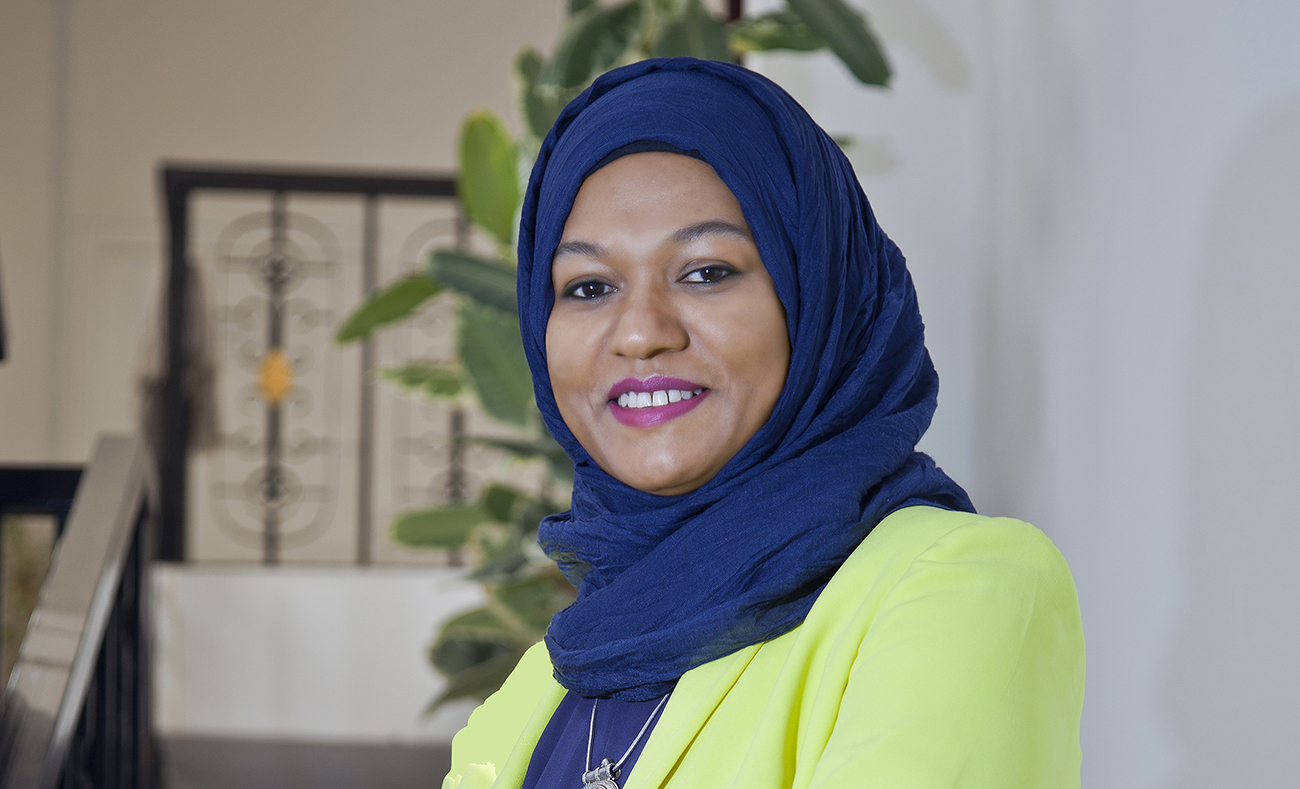
Muscat: What’s for lunch? For that matter, what’s to eat, full stop? In a few years that second question may become more pressing than you realise.
Urban growth is exploding. By 2050, 66 per cent of the world’s population will live in cities, fuelling unprecedented demand for food. And as Oman’s cities grow, diets will change. Urban consumers are today demanding a more varied menu, including fruits, vegetables, dairy and meat. Accompanying these shifts is the transformation of supply chains, affecting Omani farmers, SMEs (small and medium enterprises) and consumers.
This change in farm to fork systems and its impact on Oman’s agriculture community, consumers and food related businesses will be the topic for discussion at this month’s Science Café, organised by the Oman Animal, Plant and Genetic Resources Centre (OAPGRC) and supported by Oman LNG, Al Wisal, Merge 104.8FM, the Times of Oman and Al Shabiba, and will be held 7:30pm, Wednesday, October 26 at the Moka & More Café in Al Azaiba.
According to historians, the origins of agriculture remain obscure, but our cities could not have been built without it. Hunter-gatherers had no use for permanent settlements; they were constantly on the move looking for food. But, around 10,000 years ago, in the fertile triangle of the Middle East, our ancestors discovered that grain could be harvested and stored without losing its nutritional value. They mashed the grain into a paste, creating the world’s first loaf of bread.
“It probably didn’t taste very good, but it was a game-changer for food and the development of settlements,” remarked Dr. Nadiya Al Saady, OAPGRC’s executive director and organiser of Oman’s monthly Science Café initiative.
Al Saady further explained: “We’ve designed October’s Science Café to help people understand the challenges that continuing urbanisation brings to food, agriculture and the management of natural resources. Food is a complex issue that can’t be separated from urban housing, water and sanitation, waste, energy or employment. Indeed, there is a lot to learn about the food system that serves our cities, and the opportunities it presents for aspiring Omani entrepreneurs.”
The world’s population currently stands at 7.5 billion and is expected to reach 9.7 billion by 2050. This is a challenge, not only for cities, but also for rural areas, as people, particularly the young, migrate from rural communities to cities over this period.
“What do we have to do to ensure people have access to good nutrition in cities? What do we have to do to produce enough food for urban dwellers? What infrastructure is required and what kind of food production is possible in cities, such as Muscat, Sohar, Nizwa and Salalah? And how can our cities preserve the services of the surrounding ecosystems?” asked OAPGRC’s Al Saady.
“We’ll be tackling these questions and contributing to this important national food debate at October’s Science Café. It’ll be an exciting discussion and I encourage people to come along and participate.”